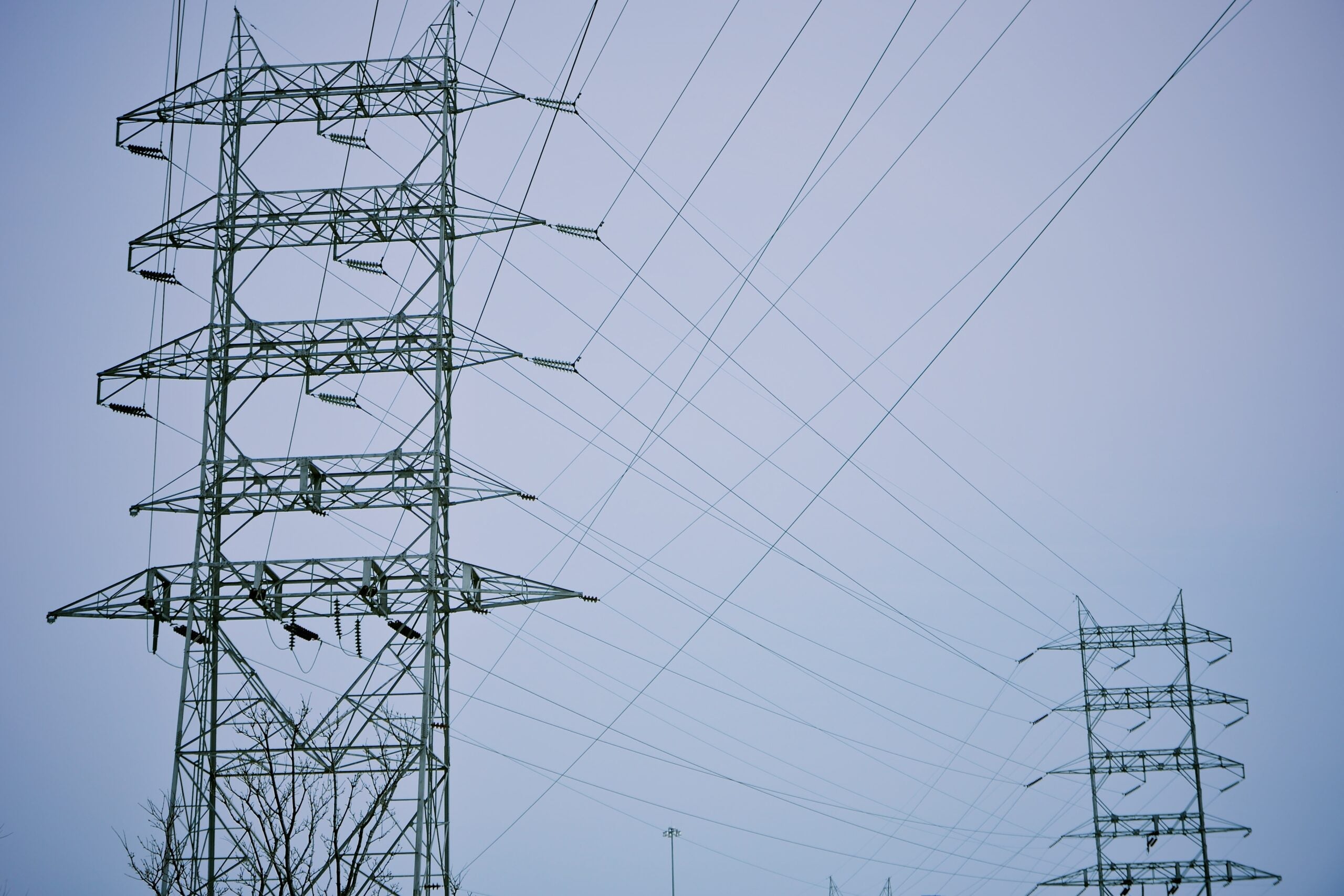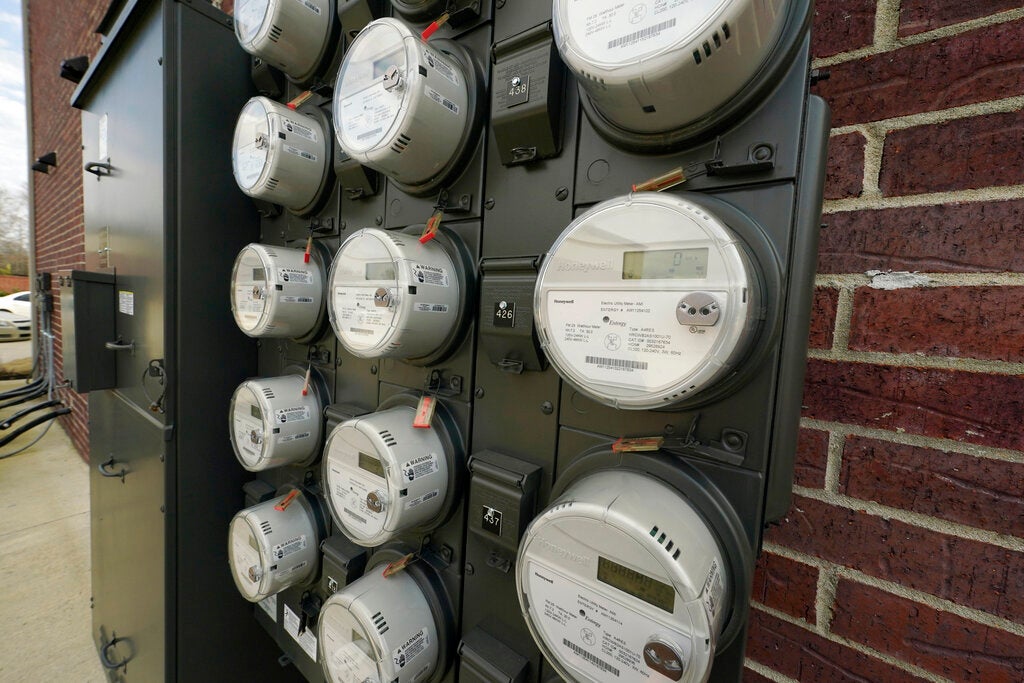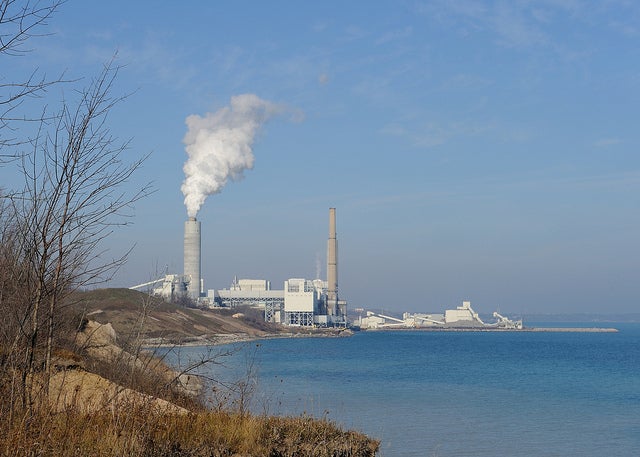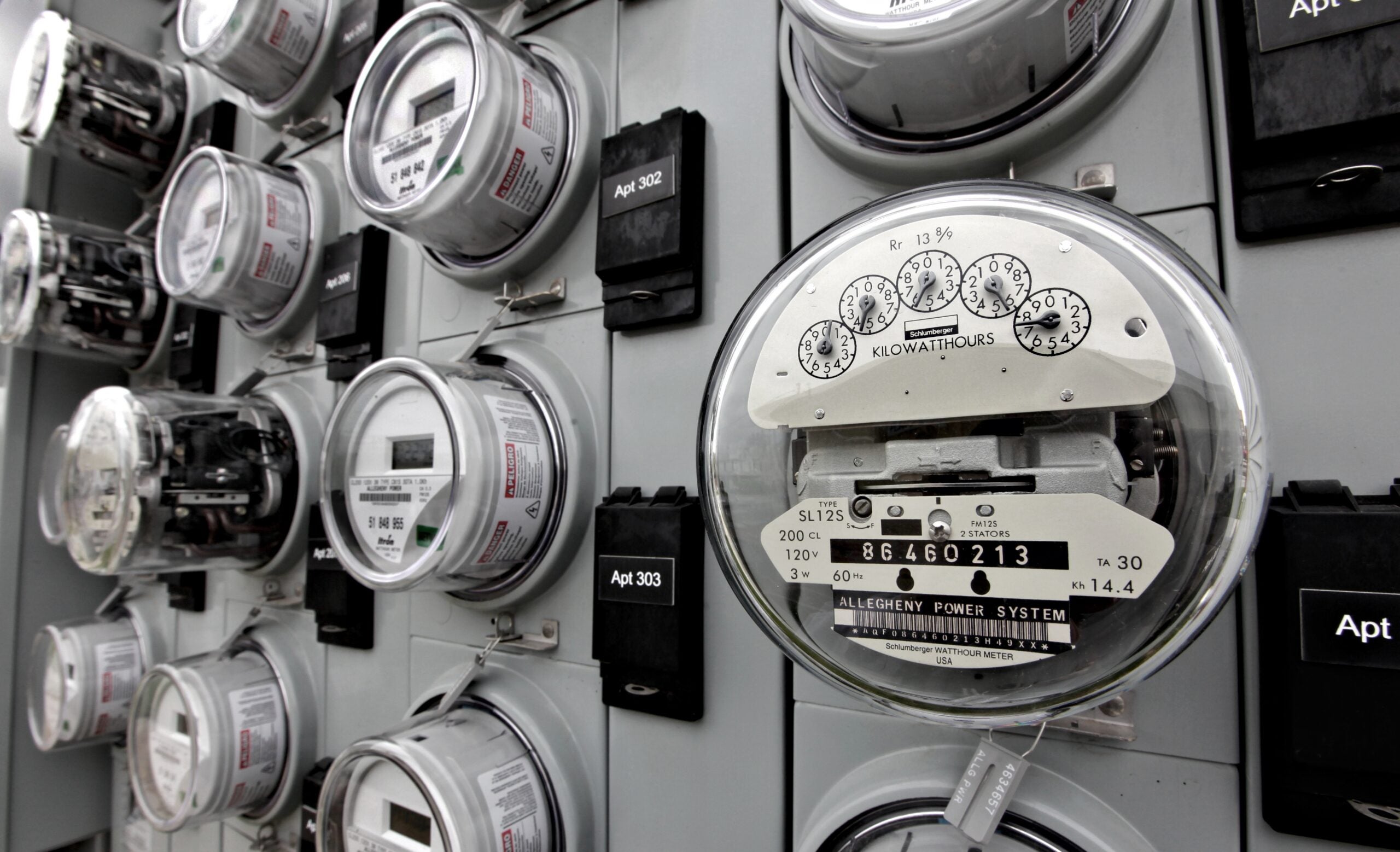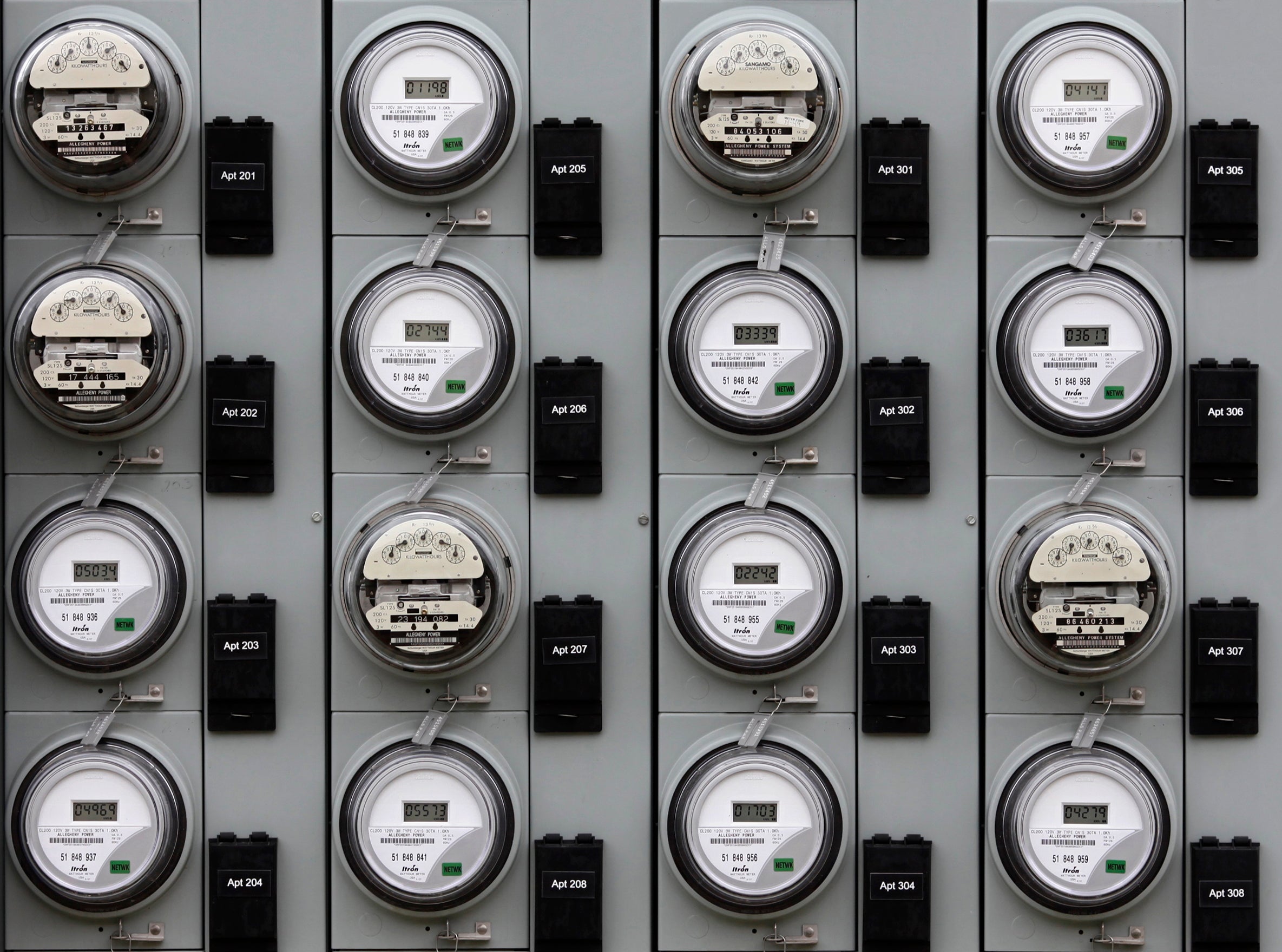The Public Service Commission has agreed to a settlement on rate cases for utilities We Energies and Wisconsin Public Service. The two utilities were requesting a rate increase for the first time in four years, according to WEC Energy group, the parent company of both utilities.
The agreement was reached with the Citizens Utility Board to limit rate increases for customers. The board’s executive director, Tom Content, said the settlement saves ratepayers more than $100 million.
“We think that compared with the original filing we’re able to negotiate some real compelling wins for customers, including rolling back an increase in the fixed charge which frustrates customers who are trying to save on energy,” said Content. “The fixed customer charge is something you can’t really control.”
Stay informed on the latest news
Sign up for WPR’s email newsletter.
WEC Energy Group spokesperson Brendan Conway agreed the deal will help their customers.
“It keeps, obviously, costs down,” said Conway. “It also allows us to continue on what we think is a really important thing, which is moving to a cleaner energy future that is safe, reliable and affordable.”
We Energies sought to increase electric rates by a total of 5.9 percent by 2021 while Wisconsin Public Service asked to increase electric rates by 4.9 percent. Conway said the utilities anticipate electric rates will increase by 1.3 percent for We Energies and 4.7 percent for Wisconsin Public Service under the settlement. The company was seeking to recover in part around $650 million of investment in its Pleasant Prairie power plant, which shut down last year.
However, not everyone was pleased with the arrangement, including Elizabeth Katt Reinders, deputy director of the Sierra Club’s Beyond Coal Campaign.
“We’re objected to the … settlement because it would lock into place these high rates that keep the coal plants operating beyond their useful life,” she said. “What that does is it continues, not only their impact on the health of the people living near the coal plants, but also it brings considerable costs to ratepayers that could be avoided.”
Conway said it is not in the best interest of their ratepayers to shut down coal plants without reliable replacements.
“When the sun is not shining, when the wind is not blowing, you still need sources of energy,” said Conway.
The Sierra Club said such arguments about reliability are a scare tactic to distract from the issue that the company is operating coal plants that are costing ratepayers money.
WEC Energy Group has proposed reducing carbon emissions 40 percent by 2030 and 80 percent by 2050.
Wisconsin Public Radio, © Copyright 2024, Board of Regents of the University of Wisconsin System and Wisconsin Educational Communications Board.

